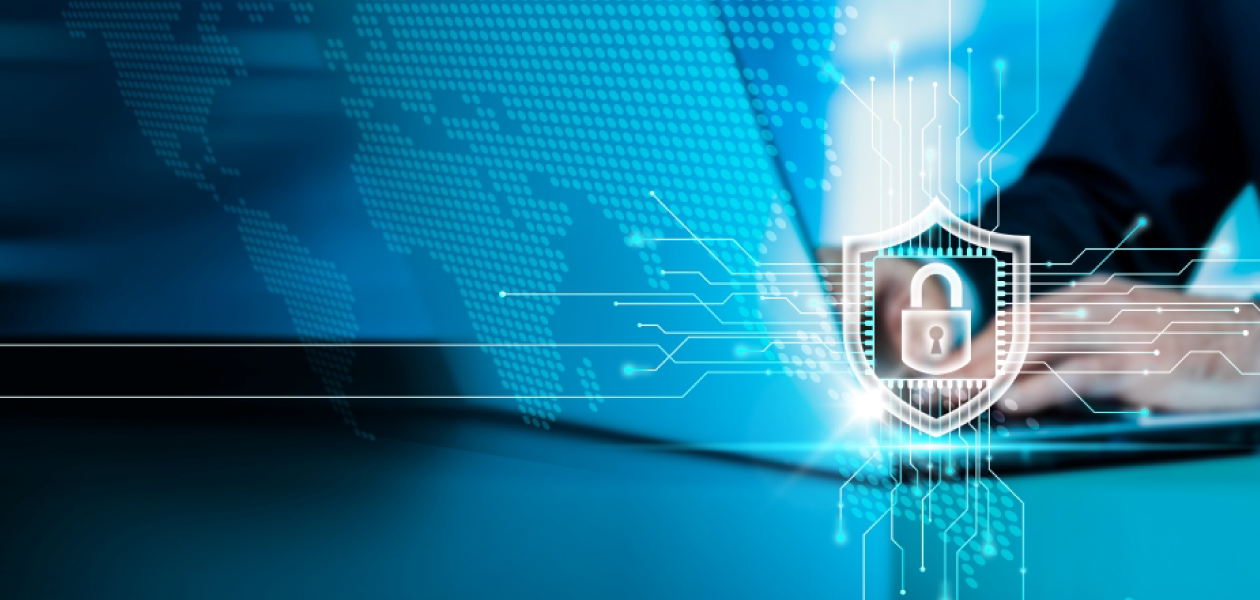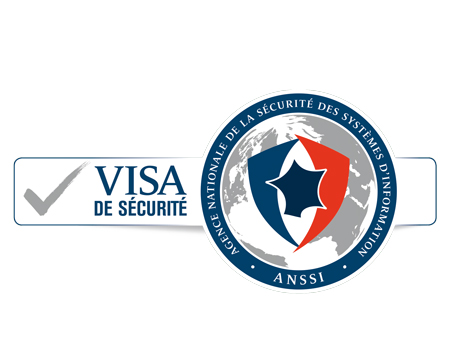The French cyber-community is at the forefront of European security
Discover in this article how the French cyber-community plays a central role in structuring European cyber-security :
The fight against cyber-crime is a hot topic in Europe. The international situation, marked by conflicts in Ukraine, Gaza, and Yemen, is conducive to politically motivated cyber-attacks. At the same time, the level of cyber-risk is very high for organisations and citizens alike, with the industrialisation of for-profit attacks.
In this context, the European Union is rising to the challenge by strengthening cooperation between member states to reinforce cyber-security. At the forefront of this effort, the French cyber-community plays a central role in structuring European cyber-security.
The French cyber-community: a trusted network
Over the years, the French cyber-community has grown to include many experts, researchers, organisations, and institutions. As proof of this momentum is the fact that the number of jobs in the cyber-security industry, estimated at 37,000 in 2021, is set to double to 75,000 by 2025.
This community is renowned for its security-oriented culture and professional ethics. In France, it comes together at major international events dedicated to cyber-security, such as the InCyber Forum in Lille (formerly the International Cyber-security Forum) and the Assises de la cyber-sécurité in Monaco. This is an opportunity for participants to network with their foreign peers, share their knowledge, and showcase the expertise of the French cyber-community.
French institutions are also very active in raising the level of IT security. To this end, the National Agency for the Security of Information Systems (ANSSI) has designed several qualifications. These include SecNumCloud, which certifies the security of Cloud services, and CSPN certifications, which attest to the level of security offered by IT products.
These French certifications and qualifications, along with international ISO standards, help organisations choose the most secure solutions and better protect their information systems.
France’s contribution to European cyber-security
France plays a leading role in the European Union’s cyber-security projects and policies. It actively contributes to the development of new regulations, such as the NIS2 directive, which will come into effect this year and require many European organisations to adopt new IT security measures, or the Cyber-security Act, which defines a legislative framework and common cyber-security standards for Europe.
Regarding regulation, France appears to be a model for many European countries, drawing inspiration from its legal framework and innovative initiatives.
France is actively involved in strategic partnerships with other European countries, strengthening international cooperation in cyber-security. Within the Atlantic Alliance, France has been at the forefront, driving the adoption of the Cyber-defense Pledge at the Warsaw Summit in June 2016.
It is also behind the Paris Call, launched in 2018, mobilizing more than 1,200 entities (states, businesses, civil society organisations, local authorities...) around trust and security in cyber-space.
France is also heavily involved in international investigations against cyber-criminals, following the example of the task force set up at its initiative within Europol, which led to the partial dismantling of the “Lockbit” ransomware group, considered to be the most harmful in the world, with arrests made by law enforcement forces.
Opportunities and challenges for the future
Despite the progress made in recent years, the European Union will have to continue its joint efforts to deal with new cyber-threats, whether state-sponsored or criminal.
The effectiveness of this European collaboration has now been proven. It now needs to be extended and strengthened. New initiatives are part of this approach, such as the European cyber-shield announced by Thierry Breton in 2023, a pan-European infrastructure of national and cross-border SOCs. France will continue to assume its role as cyber-leader by making this project a reality.
In addition to strengthening cyber-security on a European scale, this collective emulation represents an economic opportunity for France and the EU. By investing in cyber-innovation, Member States intend to stimulate job creation, create new IT security champions, and strengthen the competitiveness of the European industry on the world stage.
France and its cyber-community therefore play an essential role in the fight against cyber-crime and the promotion of cyber-security in Europe. Ercom is part of this community, and offers several secure collaborative solutions approved by ANSSI at a "Restricted Distribution”* level, enabling organisations to securely collaborate and share data. Just like Cryptobox, these solutions can be hosted on-premises and in the Cloud, and can support any infrastructure configuration. As further proof of Ercom’s commitment to the community, the source code for Cryptosmart, its secure communication solution, is available to Thales’ European subsidiaries. This way, each country can have its own local and sovereign version of the solution.
*Renawal in progress



